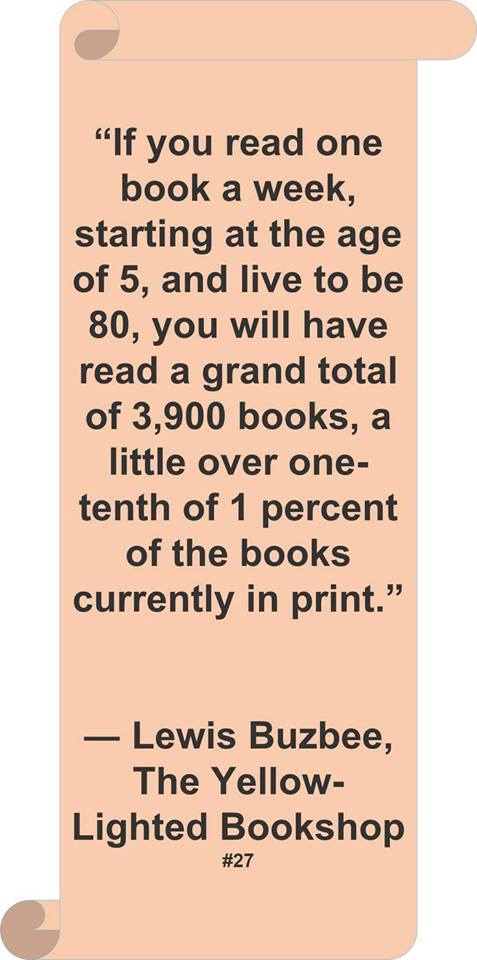Head & Shoulders used to tell us that, “You never get a second chance to make a first impression.” That’s true for wearing dark shirts, and it’s especially true for books. Sometimes the characters will hook the reader, sometimes the premise, sometimes it’s just knowing the author — but nothing beats a great opening for getting a reader to commit. This is one of the better openings I’ve read recently. Would it make you commit?

I didn’t have time to pull off the heist with a proper sense of theatre. I didn’t even have a cool pair of shades. All I had was a soundtrack curated by Tarantino playing in my head, one of those songs with horns and a fat bass track and a guitar going waka-chaka-waka-chaka as I padded on asphalt with the uncomfortable feeling that someone was enjoying a voyeuristic close-up of my feet.
from Staked by Kevin Hearne


